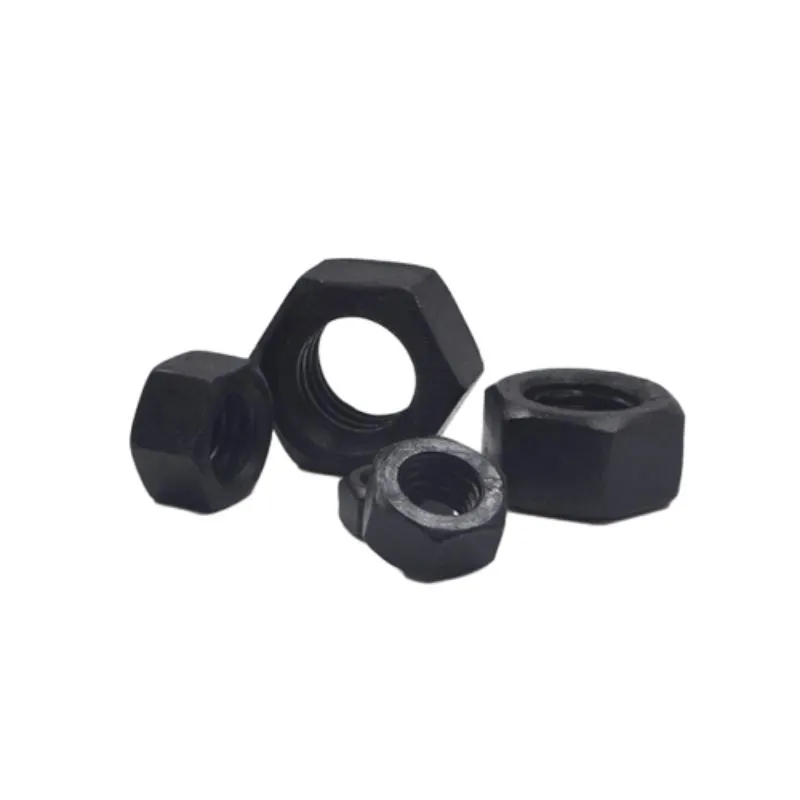Dez . 15, 2024 17:28 Back to list
Types and Characteristics of Foundation Bolts for Construction Projects
Types of Foundation Bolts A Comprehensive Overview
Foundation bolts are essential components in the construction industry, often used to anchor structures to their foundations. They play a critical role in ensuring the stability and integrity of various structures, from buildings and bridges to towers and industrial equipment. Understanding the different types of foundation bolts is crucial for engineers and builders when selecting the appropriate fastening solutions for their projects.
1. Straight Bolts
Straight foundation bolts are one of the simplest designs, characterized by a uniform diameter through their length. They are commonly used when the bolt is installed vertically. Straight bolts can be found in various lengths and diameters, accommodating different loads and structural requirements. Their straightforward design makes them easy to manufacture and install, making them a popular choice for numerous applications.
2. L-Bolts
L-bolts feature a unique shape, resembling the letter L. The short leg of the L is embedded in concrete, while the long leg protrudes above the surface to secure a fixture or structural element. This design provides superior lateral stability, making L-bolts ideal for applications where shear forces are present, such as in the anchoring of machinery or precast concrete elements.
3. J-Bolts
Similar to L-bolts, J-bolts are shaped like the letter J. They are often used in situations where the bolt needs to be adjusted after installation. The curved end of the J allows for some degree of movement, providing flexibility when securing various structures. They are particularly useful in holding down fixtures in construction sites, where adjustments may be necessary during the installation process.
4. Anchor Bolts
Anchor bolts are critical in providing resistance against uplift and lateral forces. These bolts are typically embedded deeply into the foundation and can be cast-in-place or post-installed, depending on the construction method. Different variations of anchor bolts include
foundation bolts types

- Epoxy-coated anchor bolts These are designed to resist corrosion, making them suitable for environments exposed to moisture or chemicals.
- Mechanical anchor bolts These utilize a mechanical fastener to secure the bolt in place, providing excellent holding power in various applications.
5. Expansion Bolts
Expansion bolts are used in situations where the foundation material cannot be easily drilled or where additional holding power is required. These bolts expand against the sides of the drilled hole as they are tightened, creating a firm grip within the material. They are especially useful in brick, concrete, or stone applications, providing versatile anchorage solutions.
6. Sleeve Anchors
Sleeve anchors consist of a bolt encased in a sleeve. When installed, the sleeve expands as the bolt is tightened, anchoring itself securely within the base material. This type of foundation bolt is effective for fastening materials to concrete, brick, or masonry, and is frequently used in both indoor and outdoor applications, such as securing structural elements to walls.
7. Tensioning Bolts
Tensioning bolts, often used in wind turbine foundations and bridges, are specifically designed to withstand tensile forces. These bolts are typically longer than standard foundation bolts and are used to connect elements that are under tension. Proper installation and tensioning are crucial, as improper usage can lead to structural failures.
Conclusion
Choosing the right type of foundation bolt is vital in ensuring the stability and safety of structures. Each type of bolt serves a distinct purpose and can offer various benefits depending on the specific engineering requirements and environmental conditions. Understanding these differences allows engineers and builders to make informed decisions, ultimately leading to stronger, more resilient structures. As with any construction component, following established guidelines for installation and maintenance will further enhance the performance and longevity of foundation bolts, ensuring that buildings withstand the test of time and environmental challenges.


